SEAN DeLEAR: One Way Bus To Stardom
|Hugo Bausch Belbachir
A school runaway, Sean DeLear spent his teenage years getting his cock sucked from the glory holes of the bowling alley of his racist hometown’s shopping mall on the outskirts of Los Angeles.

Exuberant while running through the hillside lanes leading to the bathhouses of Santa Monica Boulevard, he fell in love with Ty, danced to a stolen Donna Summer album, and imagined himself as a sort of Diana Ross.
Candid and unapologetically begging for more, Sean DeLear was the only punk icon of the Silver Lake scene in the 1980s and 1990s. A figure in the band Glue, he (DeLear used he as a pronoun as much as she) was a young libertine with dandy morals, Frances Bean Cobain’s babysitter for a moment while working as a hostess at the creepy Viper Room, as well as a dancer, vocalist, performer, and member of the Gelitin art collective.
When Sean died in Vienna in 2017, his friends Cesar Padilla and Michael Bullock discovered a notebook in his flat dating from 1979. Published sometime later as I Could Not Believe It with Semiotext(e), this journal reveals an experience of sexuality—and of his homosexuality, even if he dated a few girls—in an age that was against inclusive edges to the breadth of gender, race, and sex. Preceding the AIDS epidemic, DeLear’s autobiographical archive embraces an overwhelming depth of desire, embracing what should be shamed and remembering that there is ultimately no experience that comes to life that is below our dignity.


HUGO BAUSCH BELBACHIR: Cesar, your first encounter with Sean, was in Los Angeles’ Candelija in 1987, right?
CESAR PADILLA: I had seen Sean a few times because you go to shows and you see people and you’re just curious about who they are. But that particular evening was a really fun club, and actually the very first club to ever pay homage to the 1970s. It was just 70s music all night long. What I remember was Sean on a bicycle with a little sissy bar. I don’t know if it was a wig or her hair, but there were champagne flutes in it, presumably done with wire to be floating in the air. I don’t know how she achieved the look. It’s just sort of my memory, my romantic memory of Sean just riding away on the bicycle.
HBB: Does it still exist?
CP: No. This was the 80s, honey. Nothing’s around from the 80s.
HBB: What was your first encounter with Sean, Michael?
MICHAEL BULLOCK: I met Sean at a house party that I guess Cesar brought both of us to. Immediately we were in the bathroom doing coke and other drugs together. It felt like we had known each other forever. Instant friendship without too many questions.
CP: It was pretty amazing because we were at the party and Michael and Sean just disappeared for quite some time. And we’re all like, “Where the fuck did they go?” Of course they were in the bathroom.
HBB: When was this?
MB: 2007, I think.
CP: Debaucherous times.
HBB: You met her quite late then, Michael. I mean, related to everything that is mentioned in her diaries, and things that naturally followed in the 1980s.
MB: It was the kind of friendship where you’re just present with each other in the parties that you’re going to. We didn’t really know too much about each other’s lives, and I had no idea about his history. I didn’t know about Glue. I didn’t know that he was a punk musician. When I met him, he was more in this art phase. I eventually found out that he was part of Gelitin and was collaborating as a backup dancer in a band. He didn’t really look back with me. He never asserted himself as someone who had done a lot of important things.
CP: I think that’s just the nature of being a polymath. I’m one of those people who also just goes from different parties and creative ventures. You just always move forward. You never really look back. Sean definitely had that; visions of grandeur that just became true.

HBB: Queer-punk cartographies are quite complex to discern as they’re often mapped within already-organized margins. Who and what made this culture exciting in Los Angeles in these years?
CP: LA was probably the gayest of all the major cities in terms of punks. You have everybody from Ron Athey to Rozz Williams, you had The Screamers, Craig Lee. You had all these people who are the foundation of a movement in Los Angeles, and most of them were gay, although none of us went around screaming we’re gay or anything. We all just coexisted together, creating with straights and those who were in the middle. Queer punk is a term that I feel exists now as a way to define us, but I don’t feel like we were looking for definition back then.
MB: I think the reason why queer punk is talked about now is that, at the beginning, punk was societal outsiders coming from different realms. And a lot of society’s outsiders were gay, so a lot of the energy of punk was gay energy. But then with regards to the later incarnation of punk, as like a straight white male thing, it’s important to now look back and identify that gay and queer people had a big role in creating the genre, because that genre is still understood mostly as white, straight, and masculine.
CP: But at the time, that wasn’t the case. We were just not. I’ve never hung out in exclusive gay environments and queer punk environments. I was hanging out with creative people, like-minded people, and outsiders. As Michael said, you don’t fit in, so you find your crew of people that don’t fit in.
HBB: Do you remember the first time you read the journal?
CP: I realized I had something special in my hands. The prose is what immediately caught me; how concise and beautiful his language was. I went and got a copy of Henry Miller’s Sexus and read the entire 600 pages of it, because there were moments in Sean’s diary where I felt that I couldn’t tell him apart from Henry Miller. A queer, gay, 14-year-old black kid and a 60-year-old [white] American man of letters. The most important man of American letters. And I couldn’t tell them apart.
HBB: And I guess for you, Michael, who met Sean quite late on, this might have come with a sense of discovery or thrilling shock.
MB: I remember that Cesar gathered us together and we had a kind of memorial reading. It was with a few other close friends. We read the book and we all laughed through it. The next day, I texted Caesar and said that the book is of value to more people than just us. It’s a comprehensive, funny, well written diary, dealing with gender identity, sexual experiences, and racial politics. Everything that we encounter in the diary speaks to our current moment, even though it’s from 1979. And dealing with gay adolescent sexuality is something that is so rare. Culturally, we haven’t really looked at queer adolescent sexuality. It’s a bit a taboo. So, it’s like something that we have been able to look at for the first time.
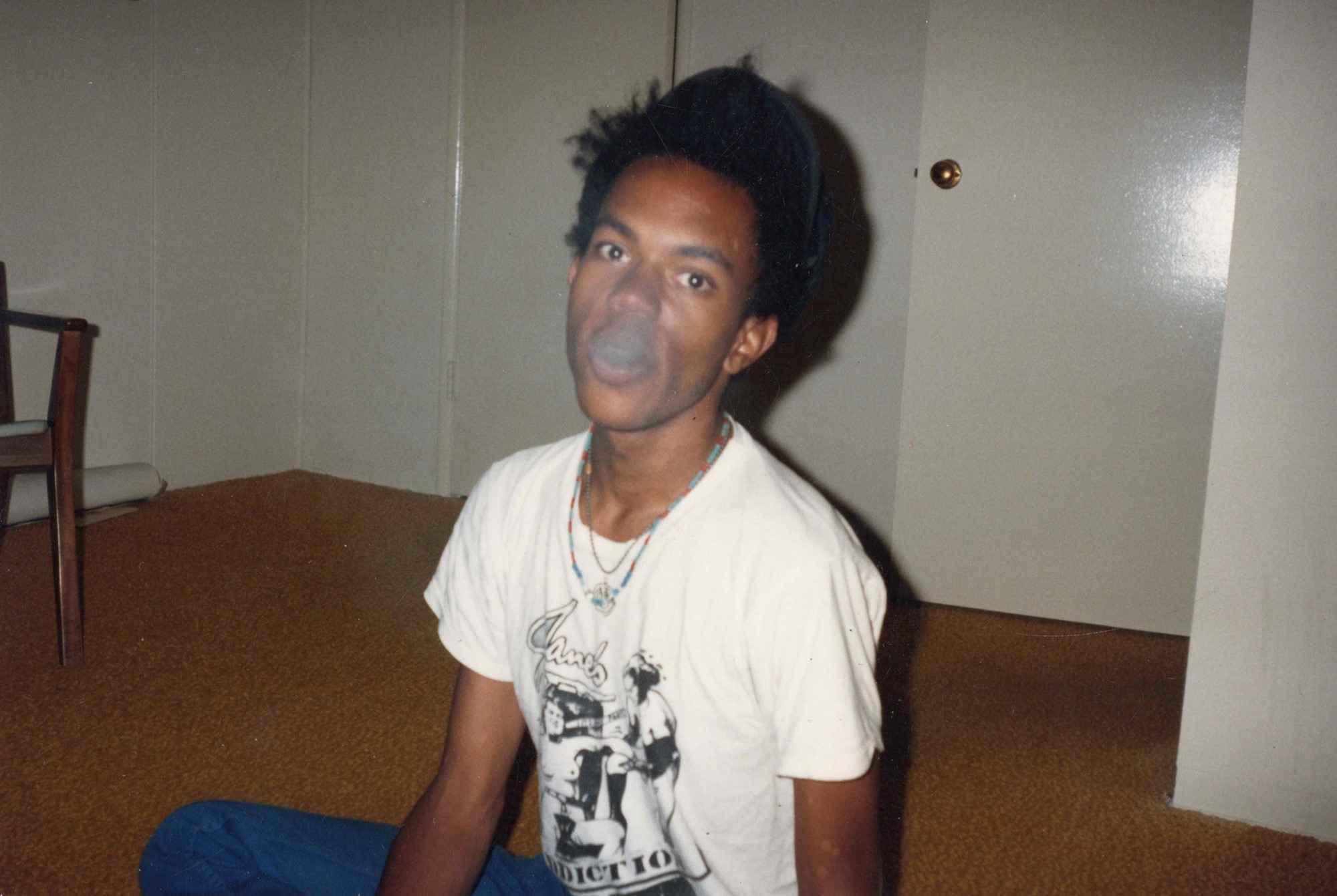

CP: One of the things we talked about was that if we had released this book five years ago, when we first wanted to put it out, it wouldn’t have hit like it hits now. It wouldn’t have resonated. But times have changed tremendously. And it’s amazing that all of those topics that Michael just said are in a book that’s 44 years old, and it’s been waiting for us. A show like Euphoria, for example, has made it completely possible to discuss adolescent sex. It’s real. It happened. And this document is extremely transgressive. Because being 14 is transgressive for some people. It was transgressive for me. There are people who live a transgressive youth, and you can’t deny it, you can’t push it away and hide it. This book is a celebration because it reads so happily and shamelessly.
MB: All mainstream gay success stories are about discovering you’re gay and overcoming. It’s like this constant narrative. Having sexual restraint and then being celebrated for having sexual restraint. What the mainstream allows to be successful in gay culture are these narratives that don’t really resonate with my experience of being gay; the freedom I had and the joy. Even though there was a lot of fear in crossing these boundaries, there was also a lot of fulfillment, excitement, and pleasure. I think Sean speaks to all of those things in a way that both me and Caesar had never seen before in any coming of age gay text.
CP: In the history of literature of coming of age, there’s nothing that speaks to us that much, because in this one it’s real. There’s no romanticism. There’s no looking back and writing about your life. This is Sean DeLear, 14 years old, trying to dig a hole in a wall to suck some dick.
MB: So many coming of age books are about this big romance or falling in love with the right teenager. Sean fell in love with 200 people.
HBB: Right.
MB: And that was reality. Truer to reality than what we’re sold and what ends up being successful mainstream narratives about romance and sex.
CP: There’s no tortured arc in this book other than you gotta get out and be yourself. But he does it in such a celebratory way that never feels tortured.

HBB: Cesar, in your closing text for the edition, you also speak of Sean as someone who benefited “from both sides of the fence”—someone who brought together all the importance of a life by doubles, perhaps even multiples, playing with every asset that was composed within him.
CP: When you have to get out, you have to get out. Nothing is going to change that. And that’s what the drive of this book is. You simply realize that this man got out. He lived the life he wanted to live. He wanted to be a superstar. He wanted to be an actor. He did it all. The arc of the book is a triumph when you see the narrative all the way through to the end.
HBB: You said that these diaries were written with no clear literary pretensions and that it couldn’t be likened to a writing project because the writing is so immediate. And yet one could defend the work as an autobiographical poem.
CP: But is he conscious of it being poetry? The sentences to me are so beautiful and simple because it’s how the brain is functioning when you’re writing in a diary. Like: you switch, you suck some dick, then you have to take a test, and all of a sudden somebody is a bitch. He’s just capturing the day in a couple of paragraphs. It’s like you want to get it in before you go to bed. You want to get it all in, and you’re not elaborating. It’s just very direct and so simple. The precision of his language just blows my mind.
HBB: What’s left of those years of cruising in the hills behind Hollywood?
CP: The world is different. You have some stupid app that tells you where to jerk off in a corner with somebody. Like, Sniffies.
MB: Sniffies! It enhances cruising.
CP: I don’t know, there’s something about looking for a park bathroom and doing it all by yourself without some fucking app telling you some old man’s waiting there for you to come in there and jerk off. The mystery of life has disappeared with technology. Mystery and danger are elements that have disappeared from our vernacular. In many ways, we were hunting for danger. There was something compelling us to find these bushes, these restrooms, to dig a hole in a wall that doesn’t exist anymore.
MB: I wouldn’t say it totally doesn’t exist. I feel like there’s cruising culture that is still alive. It’s different, and for better and worse, I think that there’s a lot more options and ways to connect digitally. I think that Caesar is right in the energy of meeting someone, the immediacy of meeting someone on the street and feeling the chemistry between you and knowing whether it’s going to work immediately or not. If it’s just going to be satisfying for that moment, trying things out, and not like vetting before you try something out.
CP: One of the sexiest places I ever went to in my life was the old train station in Lisbon, Portugal in the 1980s. That has all disappeared. They’re still repressed men, but you can get what you want now without having to walk into danger and mysteries.
MB: Hugo, how old were you when you first used Grindr?
HBB: I don’t know. I guess I was 18. I was living in the countryside and it was the only way for me to meet queer people. It wasn’t so much about sex.
MB: Right.

HBB: What else did you discover in her apartment that brings light to this story?
MB: I think there were more diaries from the 80s. The other exciting thing is that Markus Zizenbacher just finished a documentary on Sean’s life that’s going to be released to film festivals next year. They’ve gone back and found lots of footage of Sean over the years. The videos from Glue and interviews with all the different people of Sean’s life, including me and Caesar.
HBB: What is your last memory of Sean?
CP: God, what is my last memory? That’s a good question. I don’t know. I have to think about that. I don’t think I know the answer.
MB: I feel like Cesar, me, and Sean had a beer on the Lower East Side, maybe a year before he passed away. I do remember taking him to The Cock the last time he was in New York, but I can’t remember specifically when it was.
CP: I remember that everybody was at The Cock and someone got arrested, and that Sean lost her phone. I stayed home that night, but I got all the phone calls. That might have been the last time. I don’t know. It was always scandalous. Sean stayed with me a number of times in New York, so they all kind of blur together.
MB: I guess you don’t remember when someone suddenly passes away. We really thought he’d be with us for many more decades.
CP: Sometimes you take those last minutes for granted and you don’t realize it’s the last time you’re going to see a person.
HBB: Do you dream about her?
CP: On my flight from Vienna to Paris, after carrying the diary with me and helping clean up the apartment she lived in, I fell asleep. In my dream, Sean was my flight attendant, in a midnight blue Jackie O, 60s flight attendant uniform, with a matching pillbox hat, and fake eyelashes. I woke up crying on the plane because I realized that Sean was going to be with me my whole life. It was a very defining moment for me. I’m getting emotional now. By arriving in Vienna and taking care of dealing with the cremation and the mortician and everybody... [Cries] Sorry. God, I look terrible today. Anyway. I knew that Sean had my back forever.
MB: Usually you make peace with someone’s death, you go to the funeral with your friends, and it’s kind of over. And then your memory starts to slip. To have this experience where we were engaged for the last couple of years with this book brought him back to life. He’s a really good role model. Can you imagine? You’re in Simi Valley, where all the LAPD lives. Your parents decide to be the first black family to ever move there, and so you are literally the first black queer kid to ever grow up in this area. On top of that, your parents are Evangelical. And instead of it being like, “I want to kill myself” every day, you are out there having the time of your life making it work for you in a big way. That part is so inspiring to me. I’m remembering this passage now in which he’s like “I cannot believe how popular I am.”
CP: I love that. “Everybody’s going to sign my yearbook.”
Credits
- Text: Hugo Bausch Belbachir
Related Content
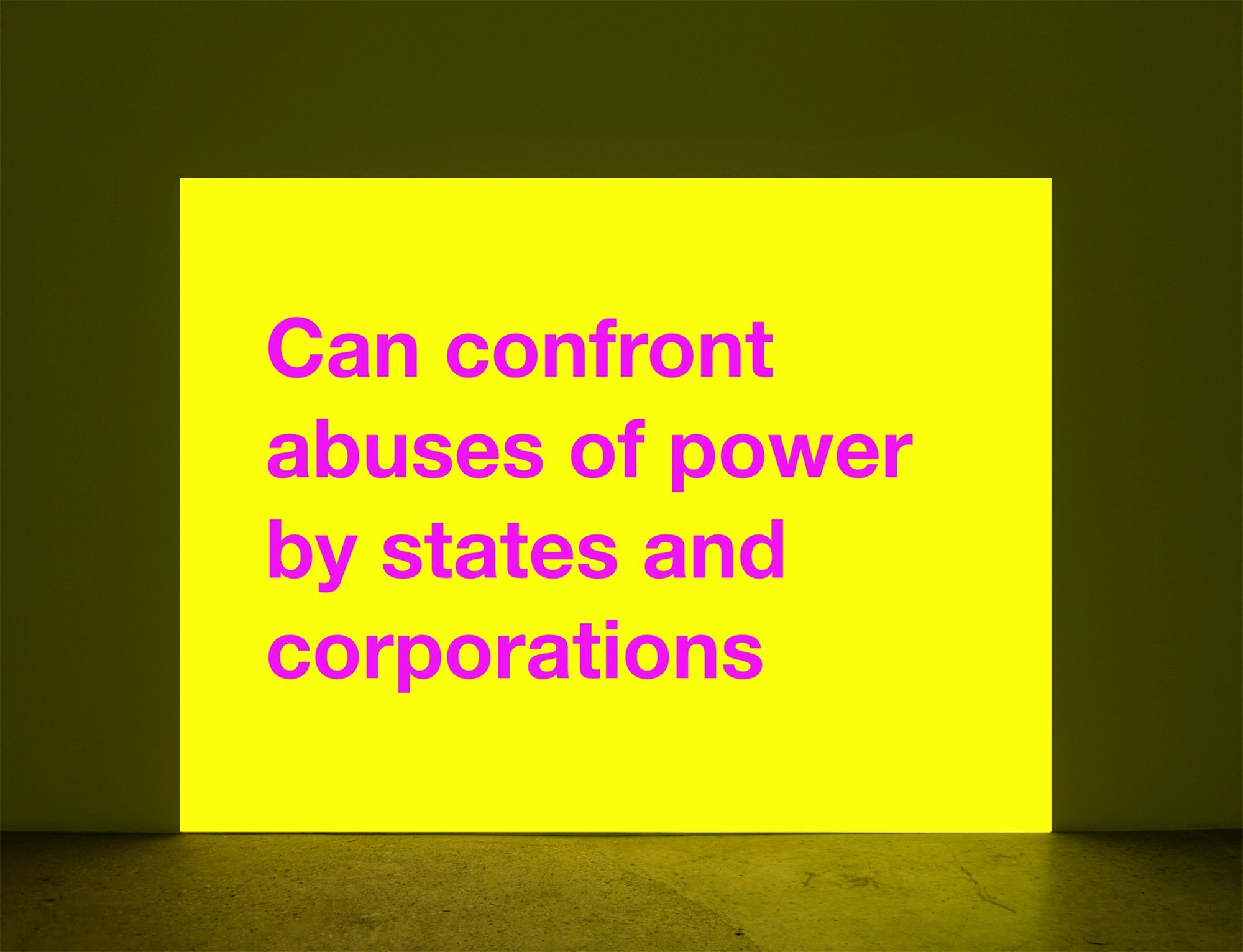
Disco Isn’t Dead. It Has Gone to War
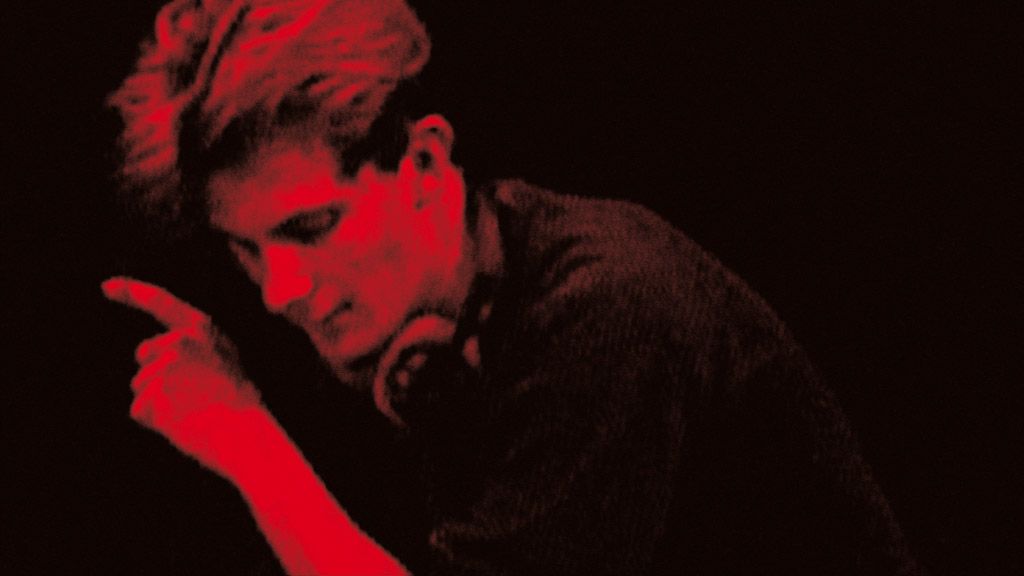
WESTBAM: You Need The Drugs
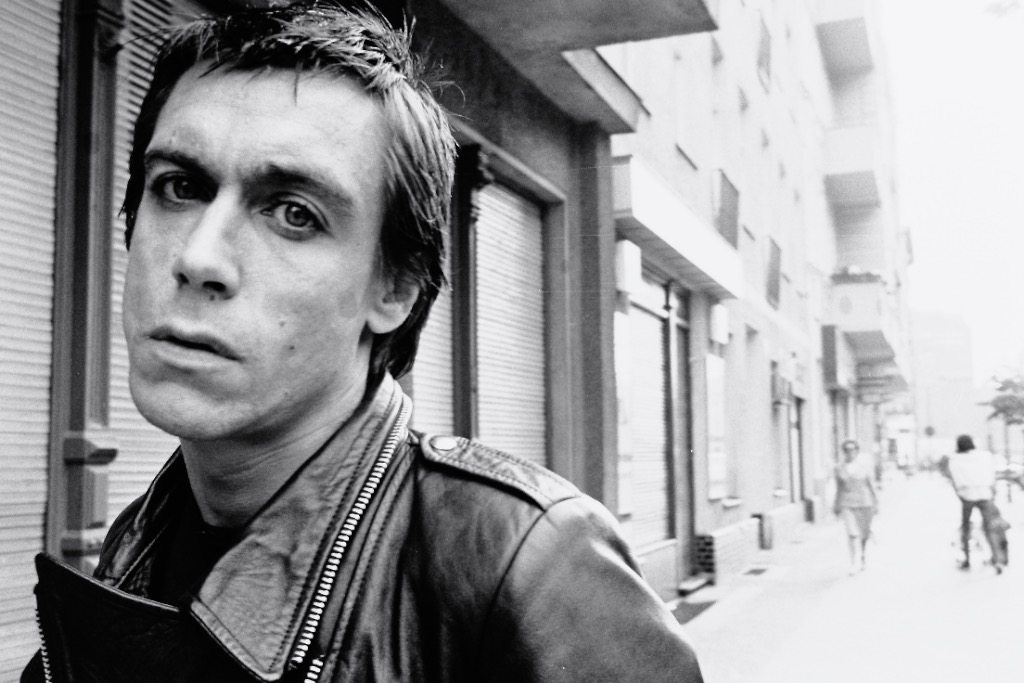
In Love with The Idiot: ESTHER FRIEDMAN Captures IGGY POP in 1970s West Berlin
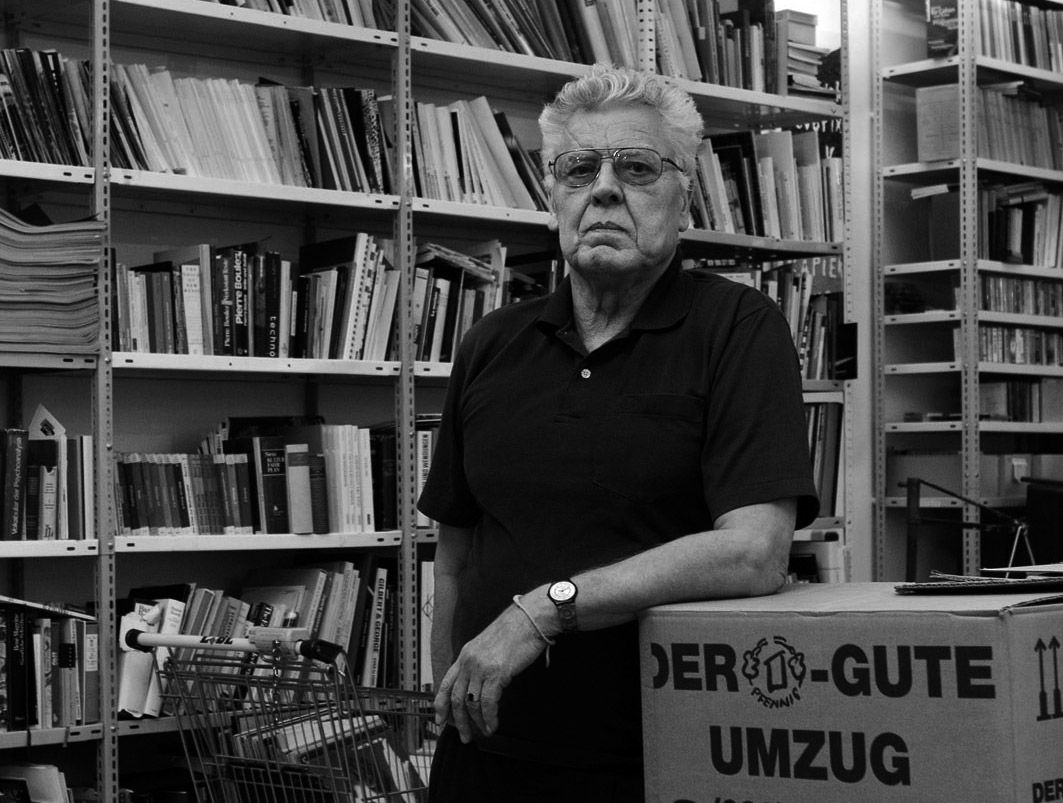
We Salute PETER GENTE (1936–2014)
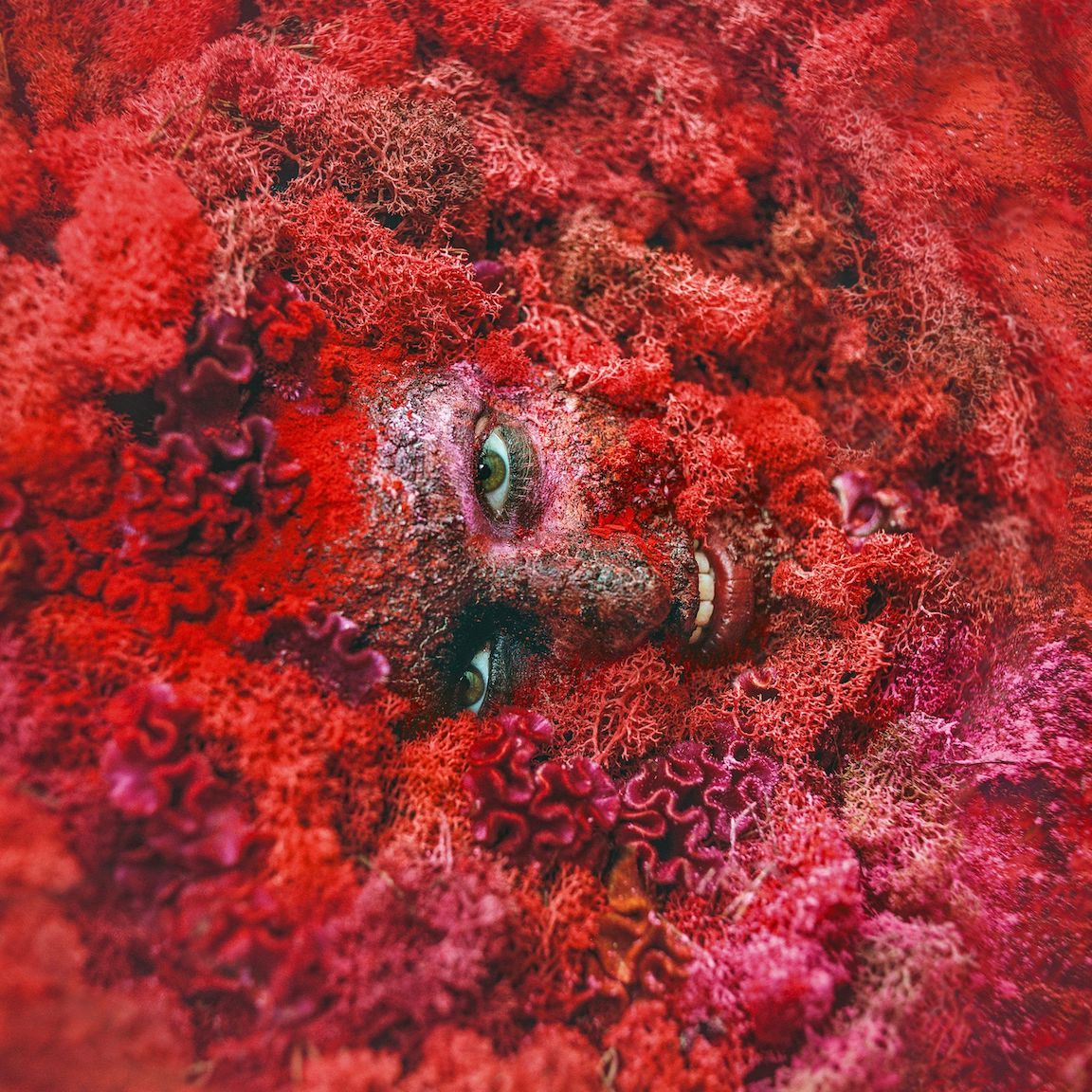
JASSS: Wild Dreaming in a World of Service
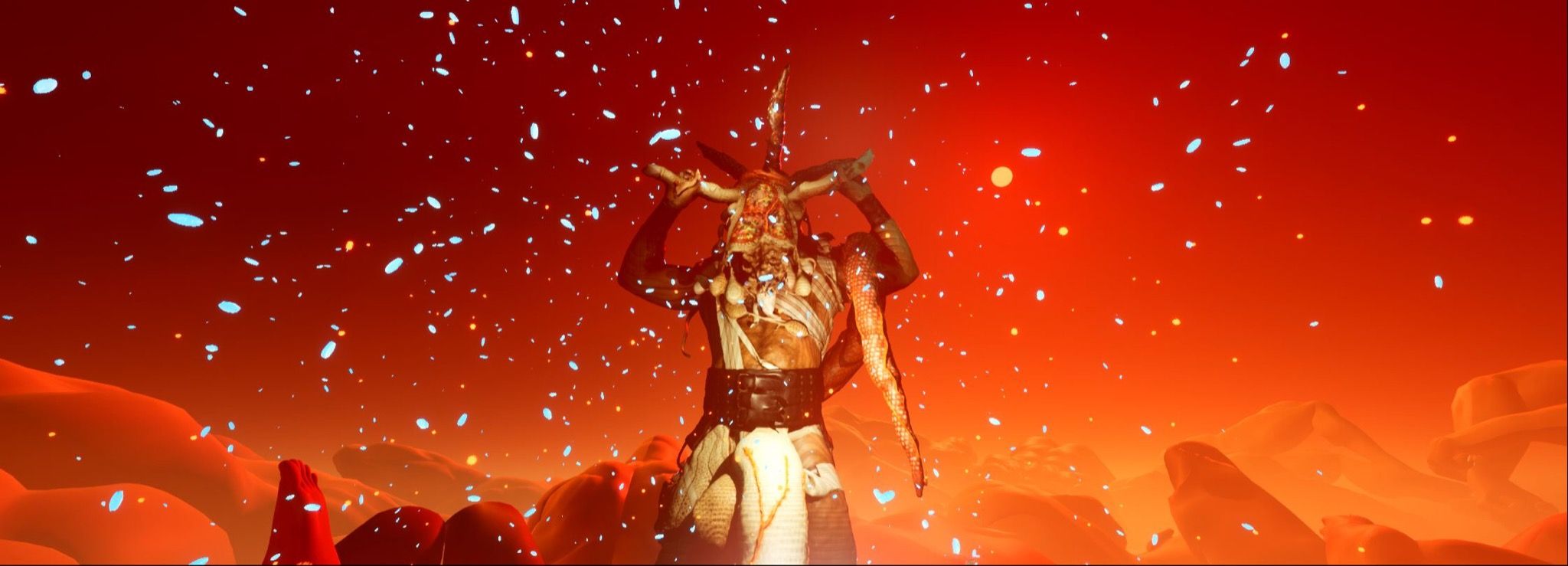
“Punk Metal, Babes”: ENRIQUE AGUDO Explores Identity, Sexuality, and Mythology in VR for a Digitized Tribeca Film Festival
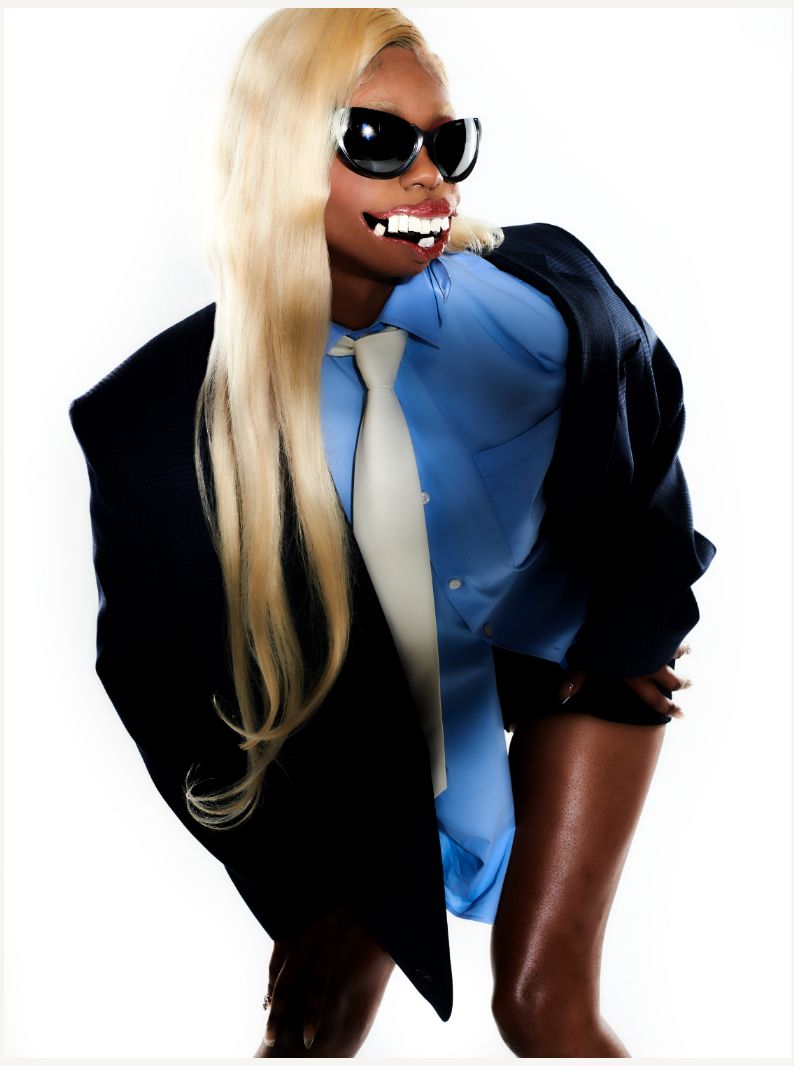
Reality TV as a Sociological Analysis: JAMES BANTONE
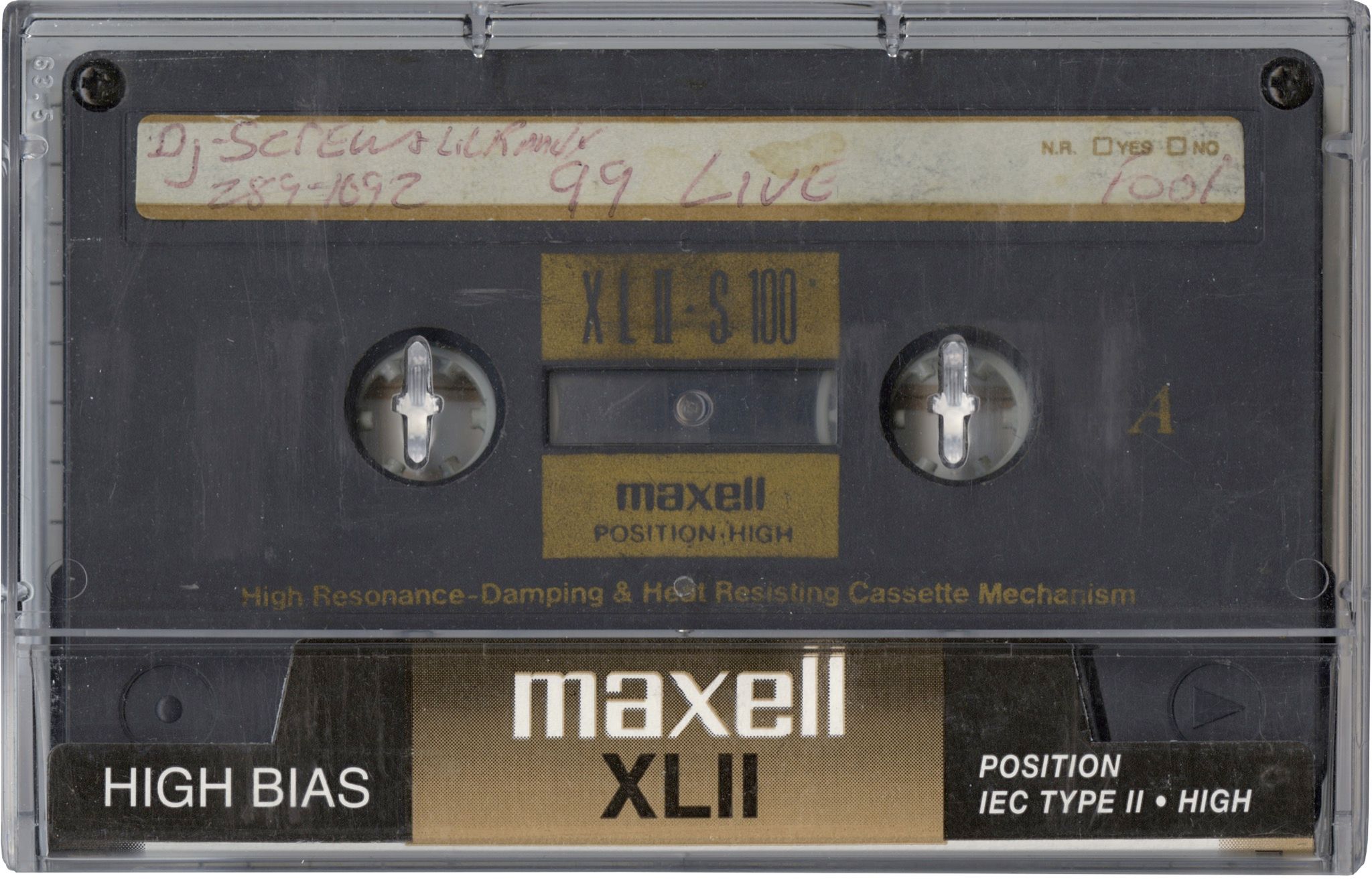
“If this is hell then I’m lucky.” In the Eye of the Storm, Listening to DJ SCREW